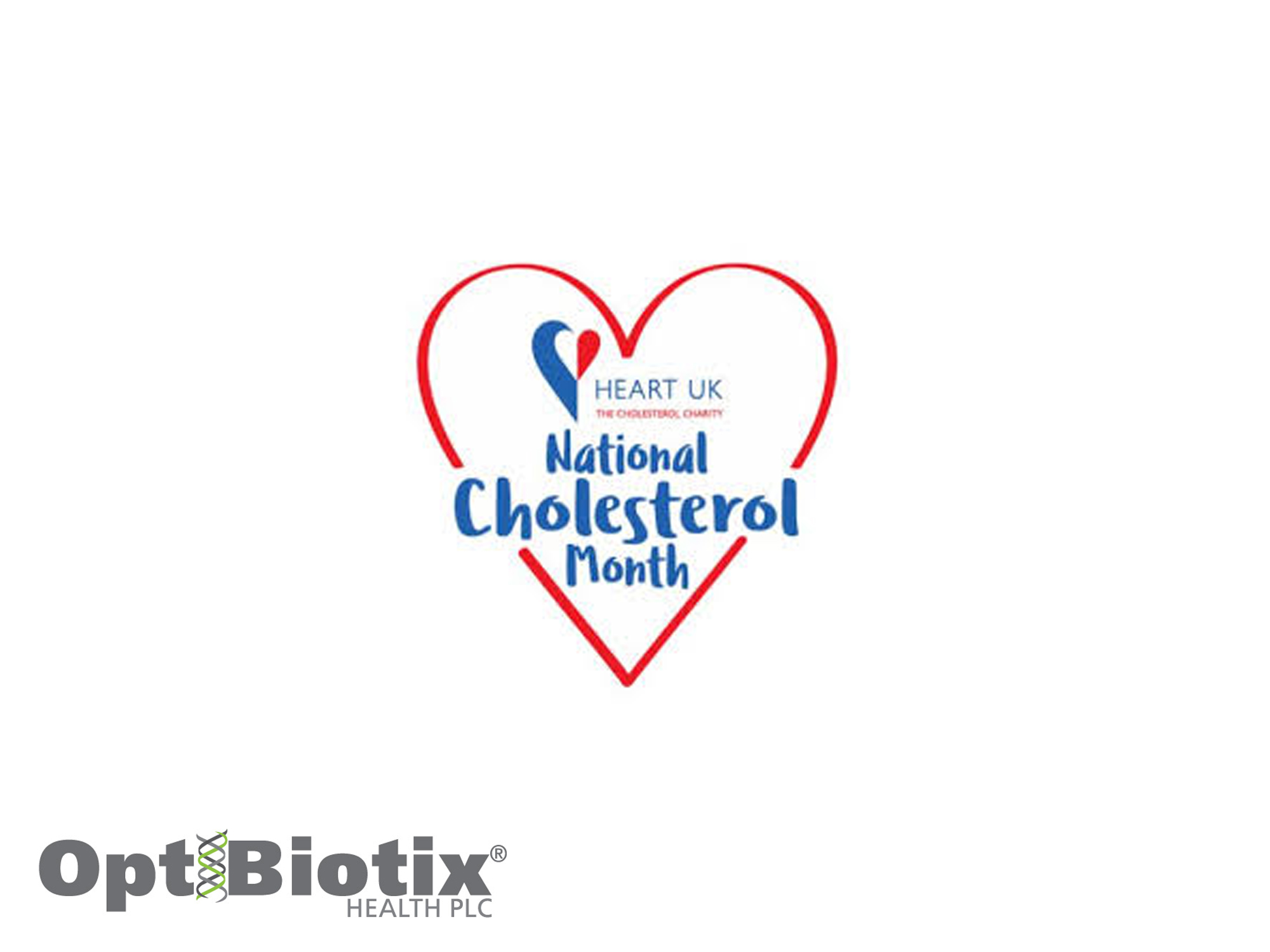
Why LPLDL® is the perfect choice for your health food supplement range this National Cholesterol Month
High cholesterol remains a worldwide global issue. It’s partially down to the relationship we have with our food, habits and the lifestyle choices we make, while the other part of the problem resides in genetics and overall health. Similar to hypertension, high cholesterol presents no known signs or symptoms, and can affect anyone of any weight or physical fitness level. This is especially problematic for consumers as it may not have any bearing on what they eat and drink, instead high cholesterol could be caused by other health issues – such as an underactive thyroid gland or liver disease – or familial hypercholesterolaemia (‘FH’).
According to the World Health Organization (WHO), the prevalence of elevated total cholesterol is highest in the European region at 54% for men and women, closely followed by the Americas at 48%. Yet, due to the collective efforts of healthcare professionals worldwide, consumers’ cholesterol levels are improving. Spurred on by national months, educational programmes and healthy eating guidelines, consumers are keenly aware that raised total cholesterol comes with a higher risk of heart disease, and now actively choose to avoid foods high in saturated fats, excessive alcohol consumption and prolonged periods of smoking. As such, in the UK alone, raised total cholesterol has decreased by 20% in all adults between 1998 and 2018 – that’s according to the latest report from NHS England.
Campaigns such as Stoptober and National Cholesterol Month, both of which take place in the UK in October, as well as National Cholesterol Education Month in the US in September, have helped to raise the bar on cholesterol awareness. Heart UK, for example, has challenged one million sponsored participants to ‘The Great Cholesterol Challenge’, where any one can walk, run, cycle or swim 100 miles in October to raise vital funds for the charity. In the US, the FH Foundation hosted an annual tweet-a-thon on September 24th to raise awareness for FH with the hashtag #KnowFH. However, we still have a long journey ahead of us with ongoing efforts and progress needing to be made.
Natural alternatives could be the answer
The awareness of high cholesterol, which has been extensively discussed in consumer media, has revealed that continuous exercise and a healthy diet alone are not sufficient to reduce cholesterol effectively. Where additional support is needed, statins have become the preferred treatment for healthcare professionals, reducing total cholesterol by approximately 50% in the majority of people[1]. Yet there’s also a hidden side to statins. Some of the most common side effects, ranging from mild to severe, are muscle weakness, fatigue and general weakness. This ‘intolerance’ to statins may prevent a large proportion of people from continuing with the medication over a longer term, resulting in suboptimal reduction in levels. For those who are prone to these side effects, natural and science-backed alternatives – including probiotics – have been developed to help reduce total cholesterol, decrease LDL (‘bad’) cholesterol and improve HDL (‘good’) cholesterol.
Lactobacillus plantarum LPLDL® is one such development. Discovered by our microbiome experts at OptiBiotix and ProBiotix Health from over 4,000 bacterial strains, LPLDL is a patented probiotic that has a distinctive ability to improve blood lipid profiles, a key biomarker for cardiovascular disease (CVD), while showcasing excellent survivability. It helps to decrease the bile salt reabsorption rate in the intestine, leading to blood cholesterol uptake by the liver, to replenish and maintain stable bile salt levels. Unlike other methods, this naturally occurring strain can effectively aid conditions such as elevated cholesterol and blood pressure levels, without triggering any known side effects for the consumer.
Backed by science, LPLDL has demonstrated its efficacy in an independent randomised, placebo-controlled, parallel 12-week clinical study and showed statistically significant results. This included lowering total cholesterol by up to 36.7%, reducing LDL cholesterol by up to 13.9% and increasing HDL cholesterol by up to 4.5%.
Introducing CholBiome® – our white-label range for businesses
For healthcare providers, brands and wholesalers, LPLDL represents a unique opportunity for natural-based supplements to reduce cholesterol levels. The probiotic can be easily added to new or existing brands as part of your finished product range, so consumers can feel the effects and maintain healthy cholesterol levels sooner rather than later.
Yet if you’re looking for a finished product, you can either utilise our industry recognised CholBiome® brand or white-label and rebrand it as your own. The portfolio comprises of four products, these include:
- CholBiome – To maintain healthy cholesterol levels with LPLDL as the only active ingredient
- CholBiomeX3 – To reduce high cholesterol with LPLDL, red yeast rice rich in monacolin K and vitamin B3
- CholBiomeBP – To reduce high blood pressure (systolic and diastolic) with LPLDL, vitamin B1, L-Arginine and CoEnzyme Q10
- CholBiomeVH – To reduce the build-up of cholesterol and calcium deposits in blood vessels by using a blend of LPLDL, K2Vital® (the patented vitamin K2 from Kappa Biosciences) and vitamin B1
So, on this National Cholesterol Month, why not expand your heart health food supplement portfolio by incorporating our patented probiotic LPLDL into your product range?
For more information on OptiBiotix products, contact us today at https://optibiotix.com/contact.
[1] Grundy et al, (2018). Circulation. 139 (25): e1082–e
